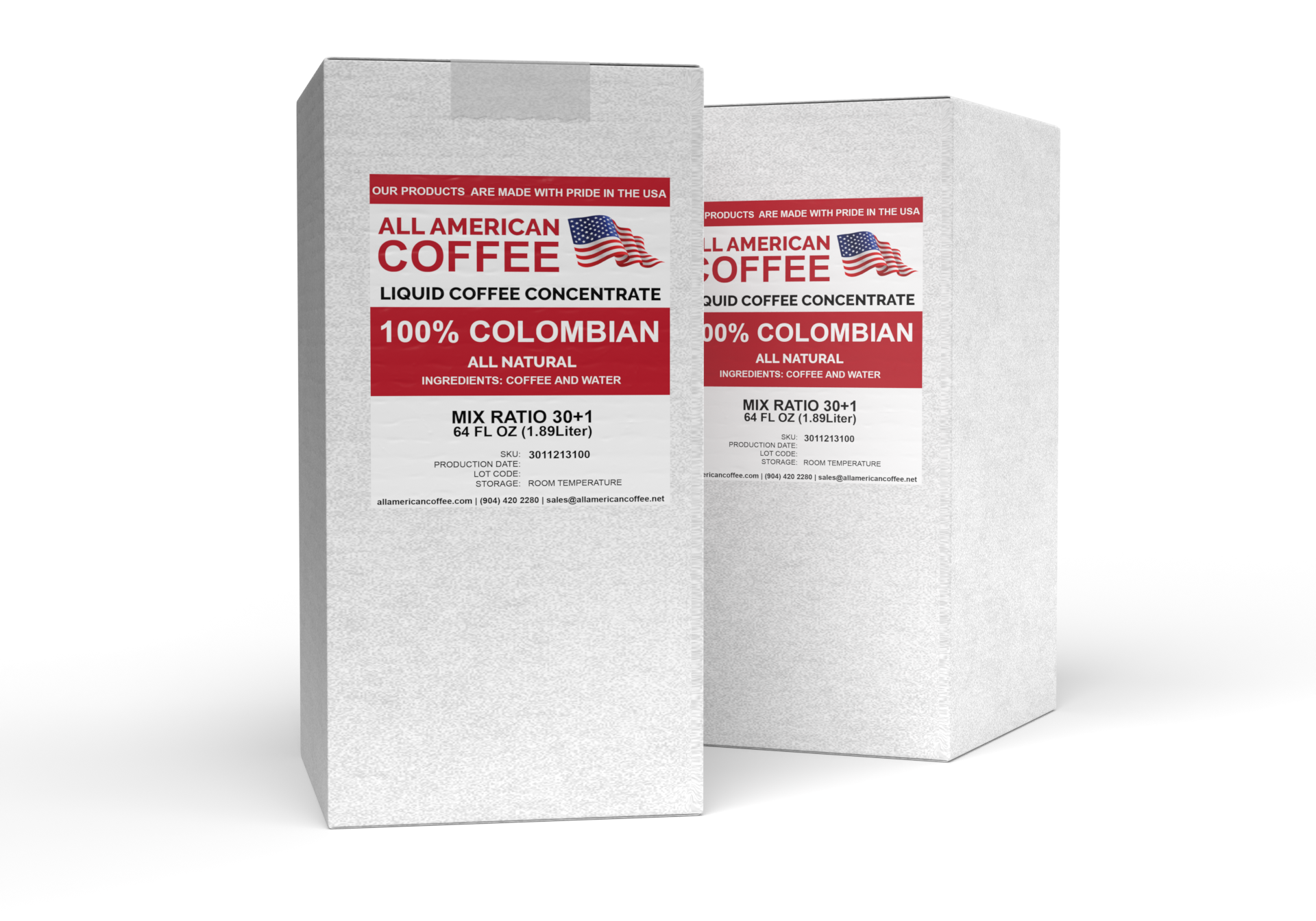Introduction
For many coffee enthusiasts, the idea of enjoying a cup of coffee without the jitters or sleepless nights is a dream come true. Thanks to advancements in coffee processing, the natural coffee decaffeinating process has gained popularity as a chemical-free and environmentally friendly alternative to conventional decaffeination methods. In this article, we will explore the natural coffee decaffeinating process, its benefits, and how it preserves the flavor and aroma of coffee beans.
Decaffeination Methods: A Brief Overview
Decaffeinating coffee is a complex process aimed at reducing or eliminating caffeine from coffee beans. Traditionally, coffee beans were decaffeinated using chemical solvents, such as methylene chloride or ethyl acetate, which raised concerns about potential health risks and environmental impact. The natural coffee decaffeinating process emerged as an eco-conscious and health-conscious alternative.
The Natural Coffee Decaffeinating Process
The natural coffee decaffeinating process relies on water and time, making it a sustainable choice that leaves no chemical residue. Here’s a step-by-step look at how this process works:
- Soaking: Green coffee beans are soaked in water to soften them and create a caffeine-rich solution.
- Water Filtration: The caffeine-rich solution is separated from the beans using various methods like water filtration or carbon filters. This process is repeated until the caffeine content reaches the desired level.
- Reabsorption: After the beans have been decaffeinated, they are exposed to the caffeine-free solution, allowing them to reabsorb flavor compounds and oils lost during the initial soaking.
- Drying: The beans are then dried to their original moisture content, ready for roasting.
Key Benefits of the Natural Decaffeinating Process
- Chemical-Free: As the name suggests, the natural coffee decaffeinating process is entirely chemical-free, eliminating the potential health concerns associated with chemical solvents.
- Environmentally Friendly: This process has a significantly lower environmental impact compared to traditional decaffeination methods. It produces little waste and does not contribute to air or water pollution.
- Preserves Flavor and Aroma: Unlike some chemical decaffeination methods that can strip coffee beans of their flavor and aroma, the natural process maintains the integrity of the beans, resulting in a more flavorful cup of decaffeinated coffee.
- Certified Organic: Many natural decaffeinated coffees are also certified organic, ensuring that the entire coffee production process is environmentally responsible.
- Enhanced Coffee Varietals: The natural process works well with high-quality coffee beans, allowing coffee enthusiasts to enjoy decaffeinated versions of their favorite specialty coffee.
Challenges of the Natural Decaffeination Process
While the natural coffee decaffeinating process has numerous advantages, it is not without challenges:
- Cost: The natural decaffeination process can be more expensive than chemical methods due to the extended time and labor involved.
- Limited Availability: Natural decaffeinated coffee is not as widely available as chemically processed decaf coffee. However, its popularity is steadily growing, and more brands are offering this option.
- Flavor Variability: The reabsorption step can introduce some variability in flavor, making it essential for producers to carefully manage the process to maintain consistency.
Conclusion
The natural coffee decaffeinating process has emerged as a game-changer for coffee lovers who want to enjoy their favorite beverage without the stimulating effects of caffeine. This method offers a chemical-free, environmentally friendly, and flavorful alternative to traditional decaffeination processes. As consumer demand for healthier and more sustainable coffee options continues to rise, we can expect the natural decaffeinating process to become more widely available and popular in the years to come, catering to the tastes and values of coffee enthusiasts around the world.













